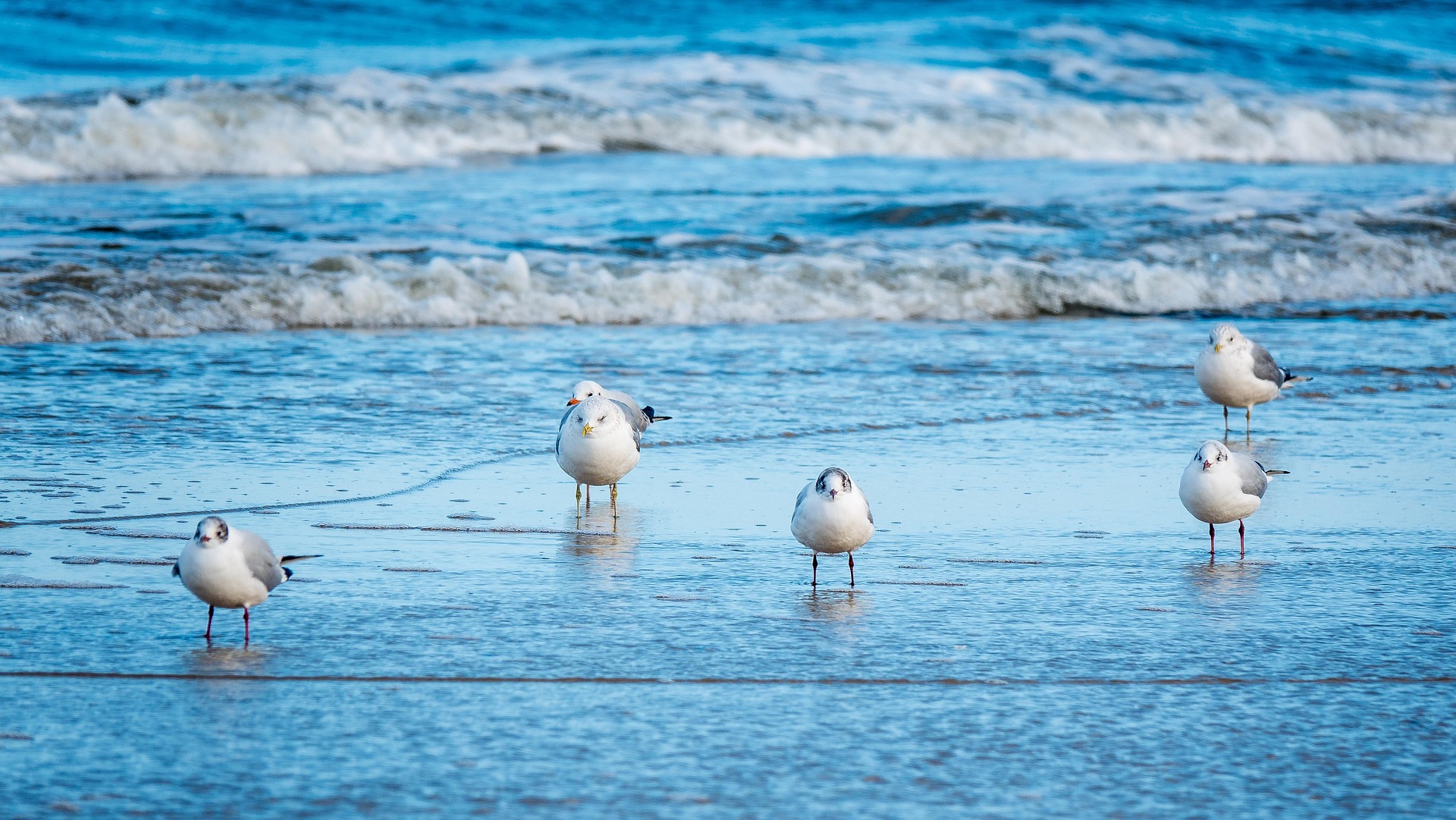Freedom goes beyond simply doing what one wants; it is deeply linked to our ability to make choices, pursue purpose, and live authentically. In this article, we explore how freedom directly affects the quality of life, using scientific evidence, practical examples, and daily strategies to cultivate it.
What Is Freedom in Practice?
Freedom is not just the absence of restrictions. It involves multiple dimensions:
Autonomy
The power to make decisions independently.
Responsibility
Taking ownership of one’s decisions and their consequences.
Authenticity
Living according to personal values, beliefs, and identity.
When well understood, freedom allows individuals to build meaningful lives, promoting emotional well-being, balance, and self-fulfillment.
Why Freedom Enhances Quality of Life
Studies in positive psychology, sociology, and philosophy consistently highlight freedom as a major predictor of happiness and overall well-being. Let’s examine its impact across several domains.
1. Mental Health
Freedom contributes to improved mental health by providing:
- Lower stress levels
- Higher self-esteem
- Reduced anxiety
- Greater sense of control over personal life
2. Productivity and Personal Fulfillment
Intrinsic motivation stems from personal freedom. When individuals can choose their paths:
- They engage more deeply with their tasks
- They derive more pleasure from their work
- They show higher resilience when facing obstacles
3. Healthy Relationships
Freedom fosters healthy relationships characterized by:
- Open and honest communication
- Reduced emotional dependency
- Stronger and longer-lasting partnerships
4. Creativity and Innovation
Environments that nurture freedom stimulate creativity and innovation, leading to:
- Breakthrough solutions
- Broader perspectives
- Increased self-confidence
Barriers That Limit Freedom
Despite being a universal value, many people face barriers that restrict their freedom, including:
- Limiting beliefs
- Fear of judgment
- Oppressive environments (family, social, professional)
- Lack of self-awareness
Recognizing these limitations is the first step toward reclaiming autonomy.
Practical Strategies to Cultivate Freedom Daily
Here are actionable tips to enhance your sense of freedom:
1. Practice Self-Awareness
Identify your core values, passions, and personal limits. Self-awareness empowers you to make authentic decisions.
2. Take Responsibility for Your Choices
Embrace accountability. Owning your decisions strengthens your autonomy and reduces dependence on external factors.
3. Set Healthy Boundaries
Saying “no” when necessary is a vital act of freedom. Protect your time, energy, and personal values.
4. Allow Space for Decision-Making
Avoid rigid routines that eliminate choice. Carve out daily moments for activities you genuinely enjoy.
5. Expand Your Skills and Opportunities
The more skills you acquire, the greater your freedom of choice becomes. Lifelong learning fosters independence and confidence.
Freedom in Different Life Contexts
Freedom at Work
Work environments that support autonomy, creativity, and decision-making lead to:
- Higher job satisfaction
- Increased motivation
- Greater alignment with personal values
Self-employed individuals, for example, enjoy significant freedom, despite inherent challenges.
Freedom in Education
When students actively participate in their learning process, they experience:
- Greater engagement
- More effective learning
- Stronger motivation to succeed
Freedom in Personal Life
Daily choices around diet, leisure, and social life contribute to a deep sense of autonomy. Valuing these decisions reinforces personal freedom.
Balancing Freedom and Responsibility
True freedom requires responsible action. Without responsibility, freedom can become reckless or harmful. A healthy balance ensures that your choices respect both your well-being and the well-being of others.
How to Maintain This Balance
- Reflect before taking action
- Consider the consequences of your decisions
- Honor your commitments
- Adapt to new situations without compromising core values
Freedom as a Lifelong Journey
Freedom is not a destination but a continuous process of conscious choices. The more intentional you are with your decisions, the freer you become. And with greater freedom comes improved quality of life.
You don’t have to wait for perfect conditions to feel free. Begin with small, meaningful decisions. Embrace your authenticity, practice responsibility, and witness the positive impact across all areas of your life.

